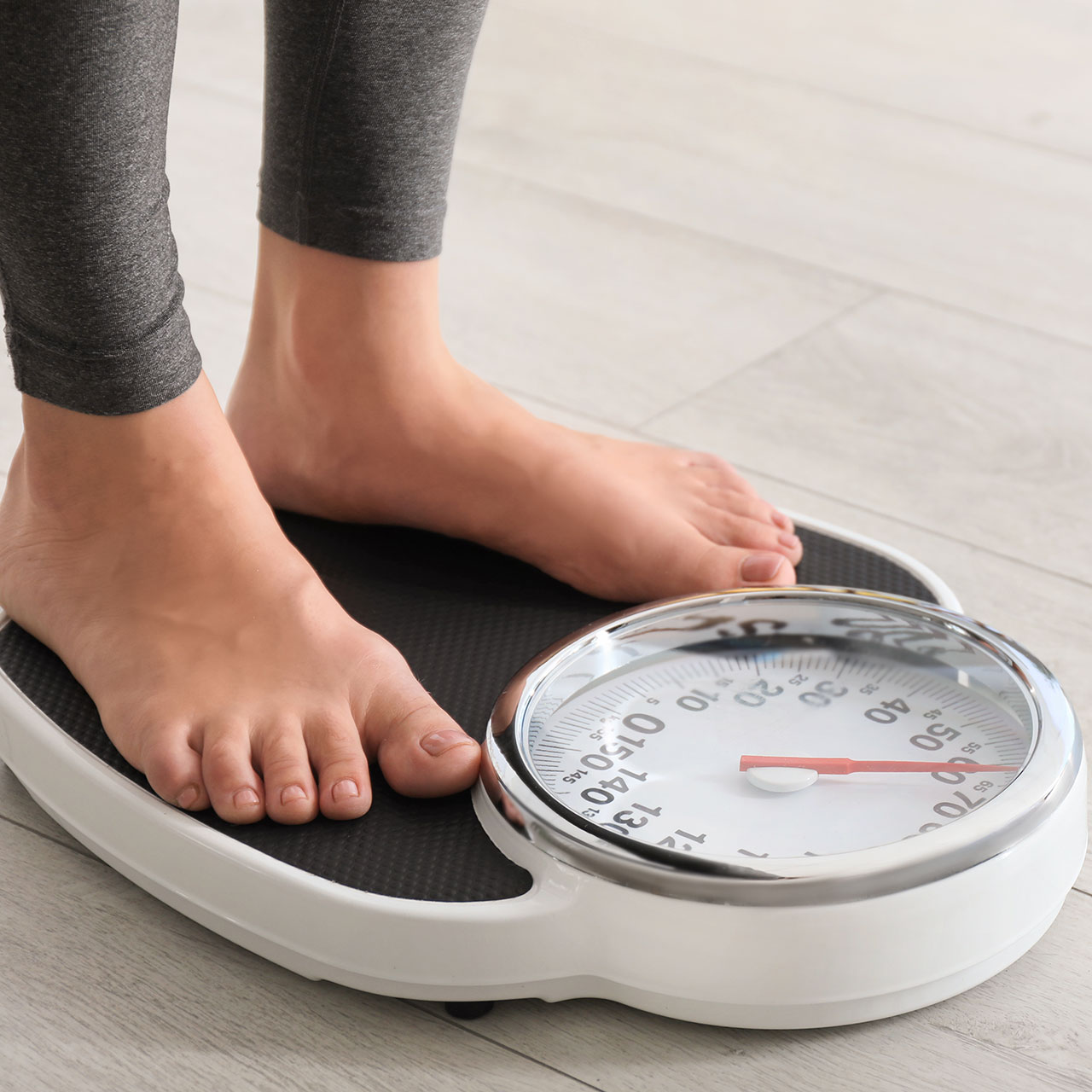When it comes to weight loss, many people focus on counting calories, increasing exercise, or cutting out certain foods. However, one crucial element that often gets overlooked is fiber. Fiber plays a significant role in maintaining a healthy digestive system, regulating blood sugar levels, and even aiding in weight loss. Despite its importance, the average American consumes only about half of the recommended daily intake, which can lead to a range of health issues, from chronic constipation to increased risk of heart disease.
Incorporating enough fiber into your diet is not just about improving digestion; it can also have a profound impact on your ability to shed pounds and keep them off. Fiber helps you feel fuller for longer, reduces overall calorie intake, and supports a healthy metabolism. According to experts, making fiber a priority in your daily diet—whether through whole foods or supplements—can significantly enhance your weight loss efforts. But how much fiber do you actually need to eat every day to see these benefits? We asked experts Certified Nutrition Specialist Megan Barnett, MS, CNS and Personal Trainer Thomas Dean to weigh in on the ideal fiber intake for effective weight loss and overall health.


The Benefits of Fiber for Weight Loss
Fiber is not just a one-trick pony; it plays multiple roles in enhancing your overall health. According to Dean, fiber offers "improved digestion and reduced risk for certain diseases like diabetes." It's also instrumental in lowering cholesterol levels, which in turn reduces the risk of heart disease. These benefits make fiber an essential part of a weight-loss strategy, especially when you consider that high-fiber foods tend to be more filling, helping you eat less overall.
Barnett adds that the average American consumes only about half the recommended daily intake of fiber, contributing to widespread issues like constipation and diarrhea. "Whether through fresh whole foods or a dietary supplement, fiber should become a prioritized part of your daily diet," she advises. For those who want to shed pounds effectively, Barnett highlights the importance of soluble fiber, which can significantly impact your calorie intake and weight.

How Much Fiber Do You Need?
So, how much fiber should you be eating every day? Barnett points out that most people aren't getting enough, even if they focus on a healthy diet. "Without a particular focus on soluble fiber, it's unlikely that you're reaching your full potential," she explains. While fruits and vegetables are excellent sources of insoluble fiber, they alone might not be enough to meet your daily needs.
For those focused on weight loss, Barnett suggests a specific target: "Research shows that an increase of 14 grams per day of soluble fiber from diet or supplementation is associated with a 10% decrease in daily caloric consumption as well as weight loss." This means that adding fiber to your diet can help you consume fewer calories naturally, leading to steady weight loss over time.
Dean emphasizes the importance of personalization in determining how much fiber you need. "To determine how much fiber someone should be eating each day, they should look at their age, gender, and the amount of weight they need to lose," he says. While the general guidelines suggest 25 grams per day for women and 38 grams per day for men, your specific needs may vary. "At the end of the day, it is up to you to find out what your daily recommended fiber intake should be," Dean concludes.

Incorporating Fiber into Your Diet
Given the myriad benefits of fiber, it's clear that increasing your intake should be a priority, especially if you're aiming for weight loss. Start by incorporating more high-fiber foods into your meals, such as beans, lentils, whole grains, and fiber-rich fruits and vegetables. If you're finding it challenging to meet your fiber goals through diet alone, consider a fiber supplement to help bridge the gap.
In summary, fiber is a key player in weight loss, and getting enough of it can make a significant difference in your overall health. Whether you're aiming to improve digestion, lower cholesterol, or simply shed a few pounds, making fiber a staple in your diet is a step in the right direction.


























